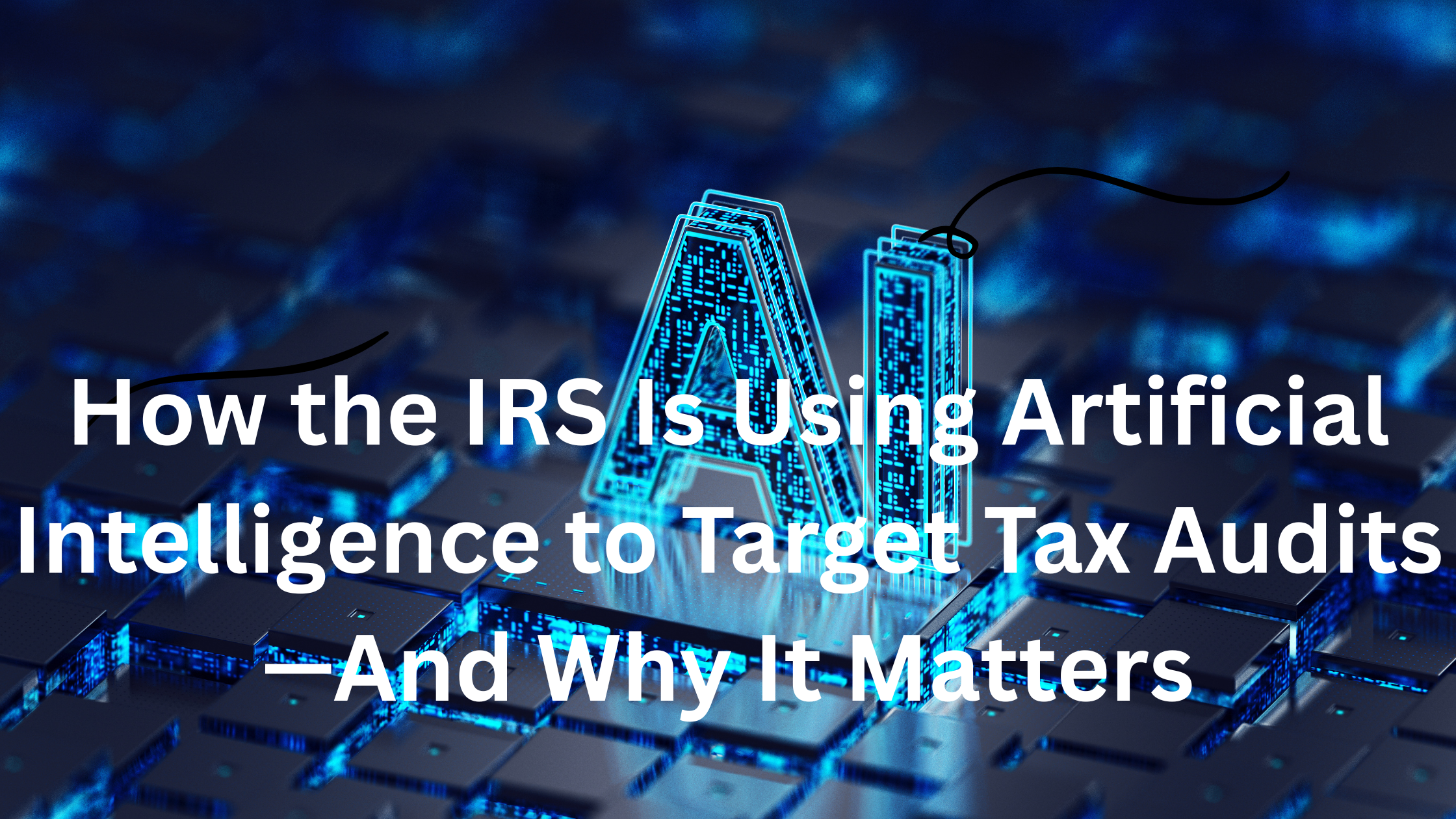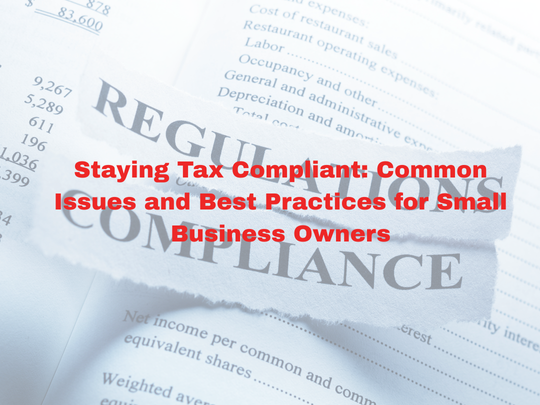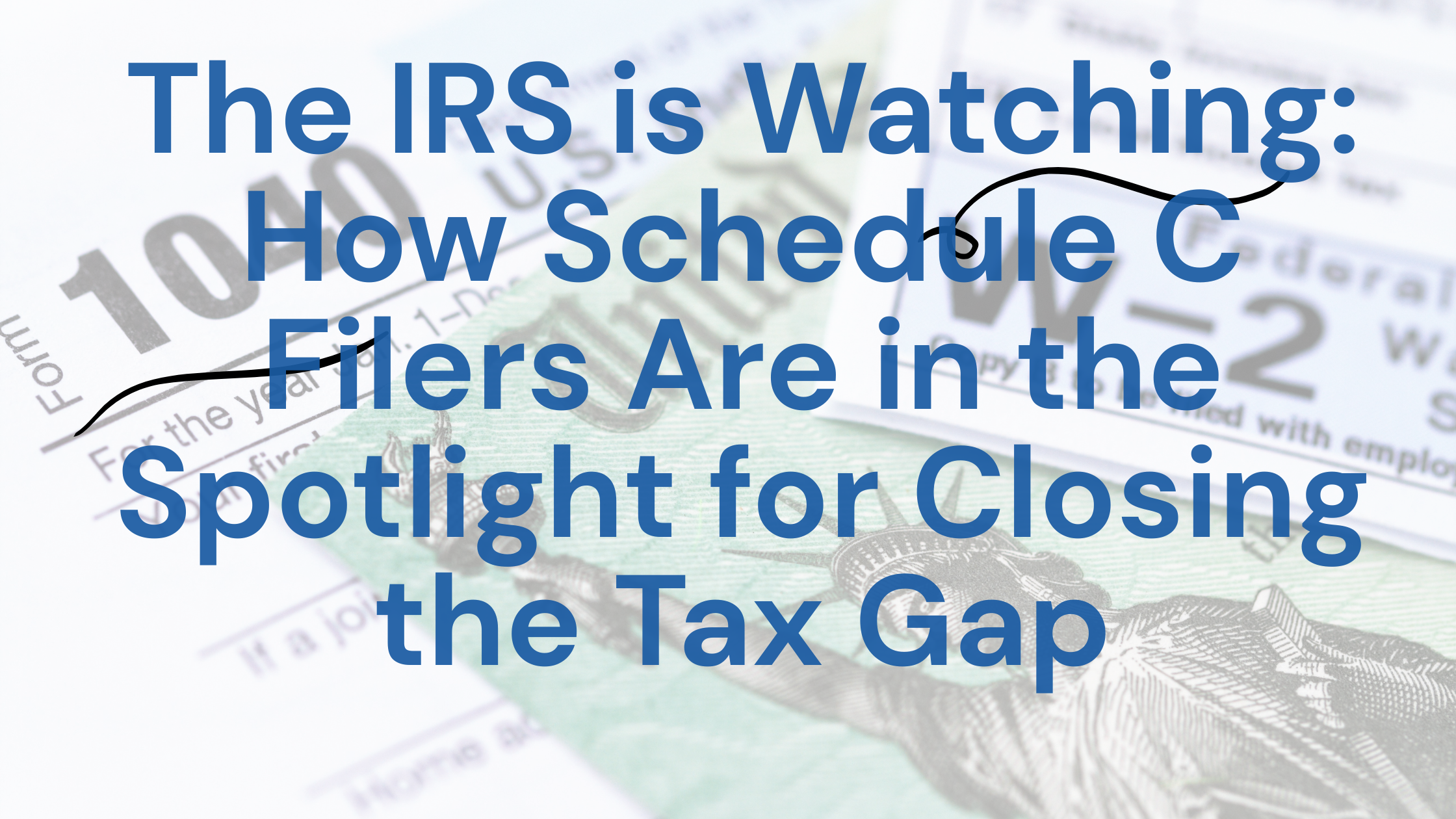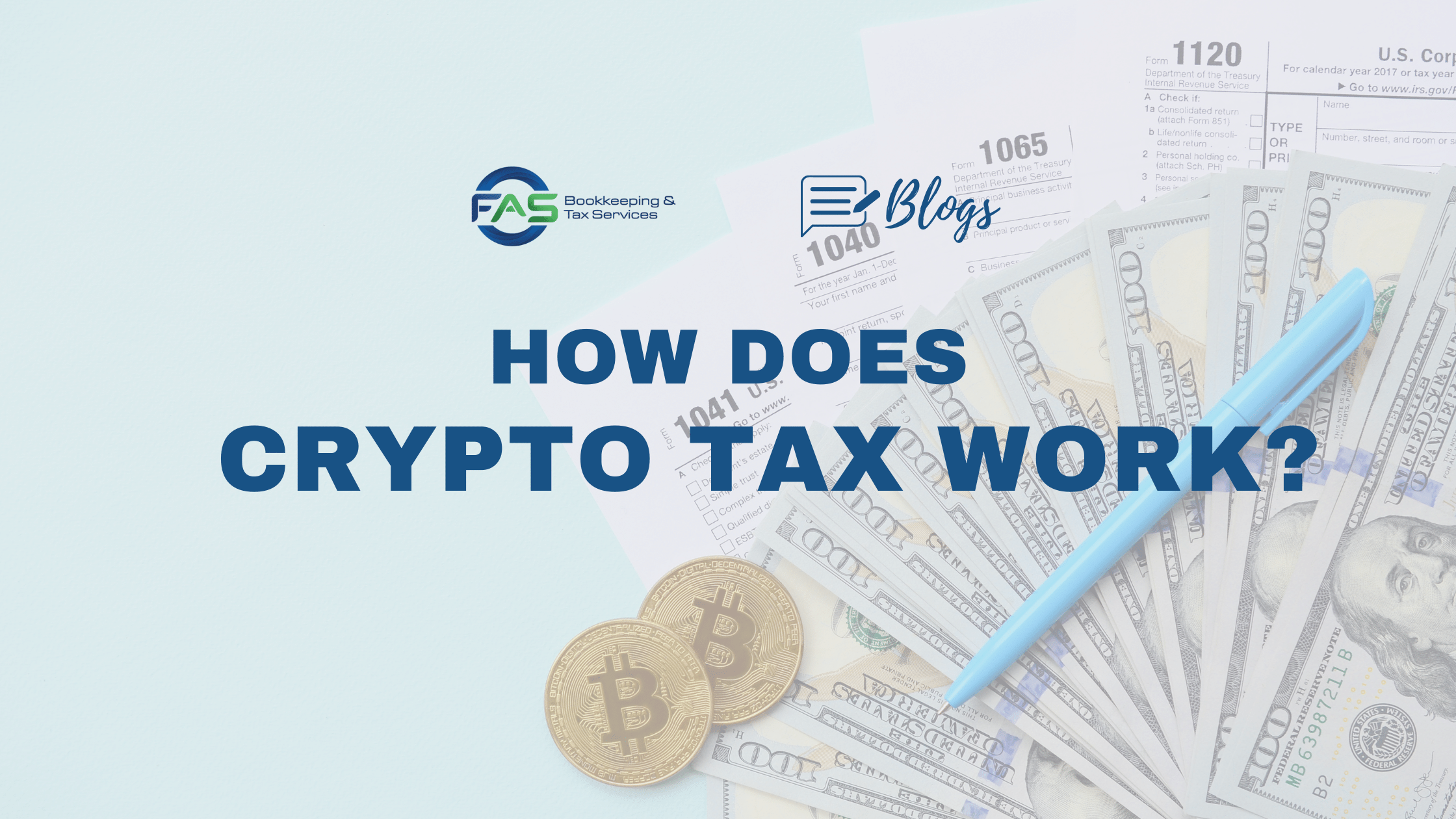How does Crypto Tax Work for Retail Investors

Cryptocurrency has risen to prominence in recent years. The total market capitalization for digital currency, which includes Bitcoin, the first widely-used cryptocurrency, has risen from $10 billion in July 2016 to over $1.1 trillion earlier this year. This unprecedented rise in fame of crypto triggered an influx of new crypto traders hoping to catch a ride to the moon.
If you’re one of those traders that choose to hold crypto instead of cashing out on those unbelievable crypto gains then you probably know by now what happens if you choose to exchange or convert your crypto into an actual currency used to buy everyday needs…
You’ll feel a tax pinch! Cryptocurrency is a growing trend in finance. To answer the question of how much you’ll owe Uncle Sam, you need to understand how does crypto tax works and how crypto tax affects retail investors.
How does cryptocurrency get taxed?
Any country with a functional government has the right to tax whatever they deem taxable. In the case here in the US, how crypto gets taxed all boils down to the Internal Revenue Service. Many experts believe that cryptocurrency’s lack of regulation is subject to less oversight than fiat currencies, like the dollar or euro. Many crypto investors also believe that by using an asset that is not regulated by any government, they are able to avoid paying taxes on their investments.
However, this is not the case. The IRS requires crypto exchanges to report user activity on gains and losses and cryptocurrency is taxed in much the same way as traditional investments.
According to the IRS, for federal income tax purposes, crypto is considered as property. This means that the IRS or the federal government sees your crypto as a capital asset. Since crypto is being seen as a capital asset, your crypto will get taxed the same way as when you might owe taxes when you realize a gain or loss on the sale or exchange or a capital asset.
For example, when you sell a capital asset, whether it’s a stock, bond, exchange-traded fund, house, Bitcoin, or any other investment—you determine whether you have a capital loss or a capital gain by comparing the sales proceeds to your original cost basis. If the proceeds exceed your original cost basis, you realize a capital gain. When reversed, you’ve locked in a capital loss.
Calculating Crypto Tax Rate
Just as you do when you sell a stock, if you sell crypto assets, you need to pay taxes on any capital gains. But there’s a difference between the time frames for short-term and long-term capital gains with crypto versus stocks. And that difference could mean more crypto taxes due after your transactions.
- Short-Term Crypto Capital Gains and Losses. If you buy and sell an asset within a 365-day period, you will have either a short-term capital gain or loss. If you sold the asset for more than what you paid for it, you have a short-term capital gain. If you sold the asset for less than what you paid for it, you have a short-term capital loss. Short-term gains are subject to the same tax rates that apply to ordinary income such as wages, salaries, commissions, and other earned income. For example, in 2021 the lowest tax bracket is 10% and the highest is 37%.
- Long-Term Crypto Capital Gains and Losses. If you sell an asset after holding it for more than one year, the difference between your sales proceeds and your cost basis is a long-term capital gain or loss. For long-term gains, you pay a lower tax rate than you do on short-term gains. Capital gains rates are currently 0%, 15%, and 20%. The rate you pay depends on your income.
When is crypto taxable?
Let’s see what you need to know to figure out if you have tax obligations relating to your crypto assets. If you buy crypto with fiat currency, then you owe tax on any gains when you sell it for fiat currency. If, on the other hand, you used crypto to buy something or pay someone directly, then there is no taxable event.
Nontaxable crypto events:
- Buying and holding crypto are not taxable. Simply buying and owning crypto isn’t taxable on its own. You owe crypto taxes to Uncle Sam once you sell it, selling the crypto means that you’ve ‘realized’ your gain. The length of your hold determines if your crypto will be taxed based on short-term or long-term capital gains tax.
- Crypto donation to a tax-exempt charity or non-profit isn’t taxable. Directly donating crypto to a 501(c)(3) charitable organization is not taxable, you may even be able to claim a charitable deduction. A nice incentive when you put your crypto gains in good use.
- Gifting and receiving crypto is not taxable. If someone decided to give you free crypto, you’re unlikely to trigger a taxable event. However, once you sell or participate in a taxable crypto activity like staking then you are likely to trigger crypto taxes. Gifting crypto to someone else on the other hand falls under the gift tax rules. There are certain thresholds that you must be wary of when you’re gifting crypto to someone you know.
Taxable crypto events that fall under capital gains:
- Selling crypto is taxable. Selling your crypto for cash is a taxable event. If you sold it for a higher price than you have paid for it then that qualifies as a capital gain. On the other hand, selling your crypto for cash at a lower price than you’ve paid for it means that you might be able to deduct losses on your crypto tax report.
- Exchanging one crypto to another is taxable. When you use Ethereum to buy Bitcoin or if you sell Solana to buy Cosmos, you technically have to sell your Ethereum before you buy a new asset. Since this is considered as a crypto sale, the IRS sees this as a taxable event.
- Spending crypto is a taxable event. Using Ethereum to grab yourself a pizza means that you’ll likely owe taxes on the transaction. In the eyes of the IRS, spending crypto is no different from selling it. Spending crypto means that you need to sell the asset before you can exchange it for common goods and services, and selling crypto means that it is subject to capital gains tax.
Crypto Income is taxable:
- Salary paid in crypto is taxable. In 2021, pro football player Russell Okung was among the first to be paid in cryptocurrency. If you get your wages in crypto, you will pay crypto tax according to your income tax bracket.
- Crypto in exchange for your goods or service is taxable. You are responsible for reporting crypto income to the IRS if you accept crypto as a mode of payment for your business or service.
- Mining and Staking crypto are taxable. Earning passive crypto income through mining is taxable. You’ll most likely owe taxes based on your earnings according to the fair market value of the crypto you mined on the time you received the crypto. Cryptos mined as a business is taxed as self-employment income. Meanwhile, rewards from staking crypto are treated like mining income. The taxes you’ll owe will be based on the fair market value of the staking rewards the day you receive them.
- Crypto hard forks are taxable. Your taxes on crypto you got from a hard fork will depend on a number of factors, including when the asset is available to withdraw from your exchange.
- Crypto airdrops are taxable. Receiving crypto airdrops from a crypto company as a part of their marketing campaign is a taxable event. You are required to report the crypto airdrop income you received to the IRS.
Crypto Income Tax Calculator
As a taxpayer, you’re probably already used to seeing your federal and state income tax deducted from your payroll stubs. Receiving income in the form of crypto e.g., mining, staking, and rewards, are also subject to the same income taxes your regular paycheck gets. Warning: if you earned a lot of crypto income from your crypto activities, your tax bracket might get affected. This will probably result in you paying higher taxes. Talk with our crypto tax professional to get the latest guidance.
Crypto Tax Professional
A lot of people still don’t understand how crypto tax works and only a few know about cryptocurrency taxable events, Finding the nearest crypto tax professional near you is your best bet to properly reporting taxes on your crypto gains or losses. Not reporting your crypto gains or losses to the IRS can result in hefty fines and penalties. Even honest mistakes are considered punishable by the IRS.
Need to file your crypto taxes ASAP? Get in touch with us today!





